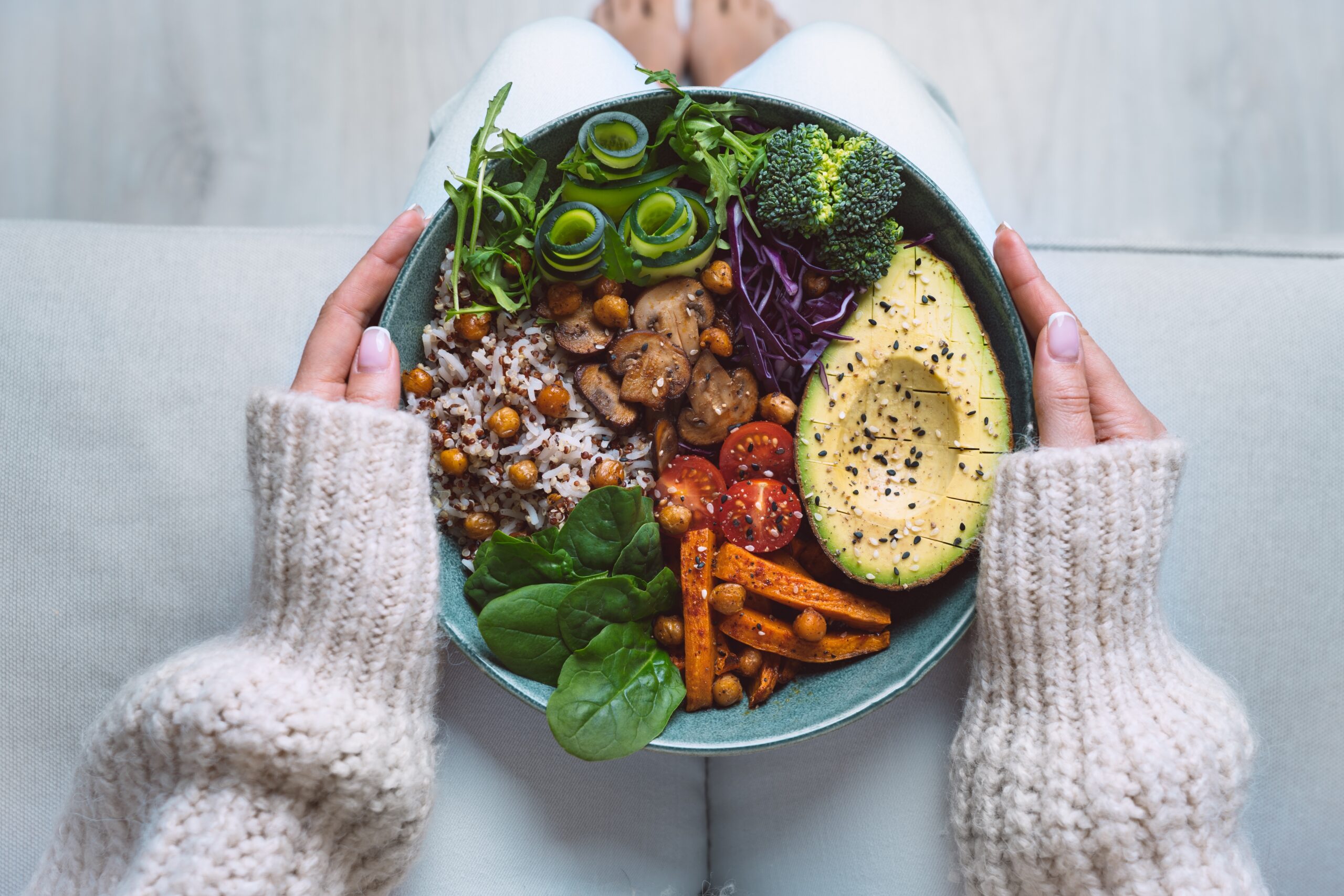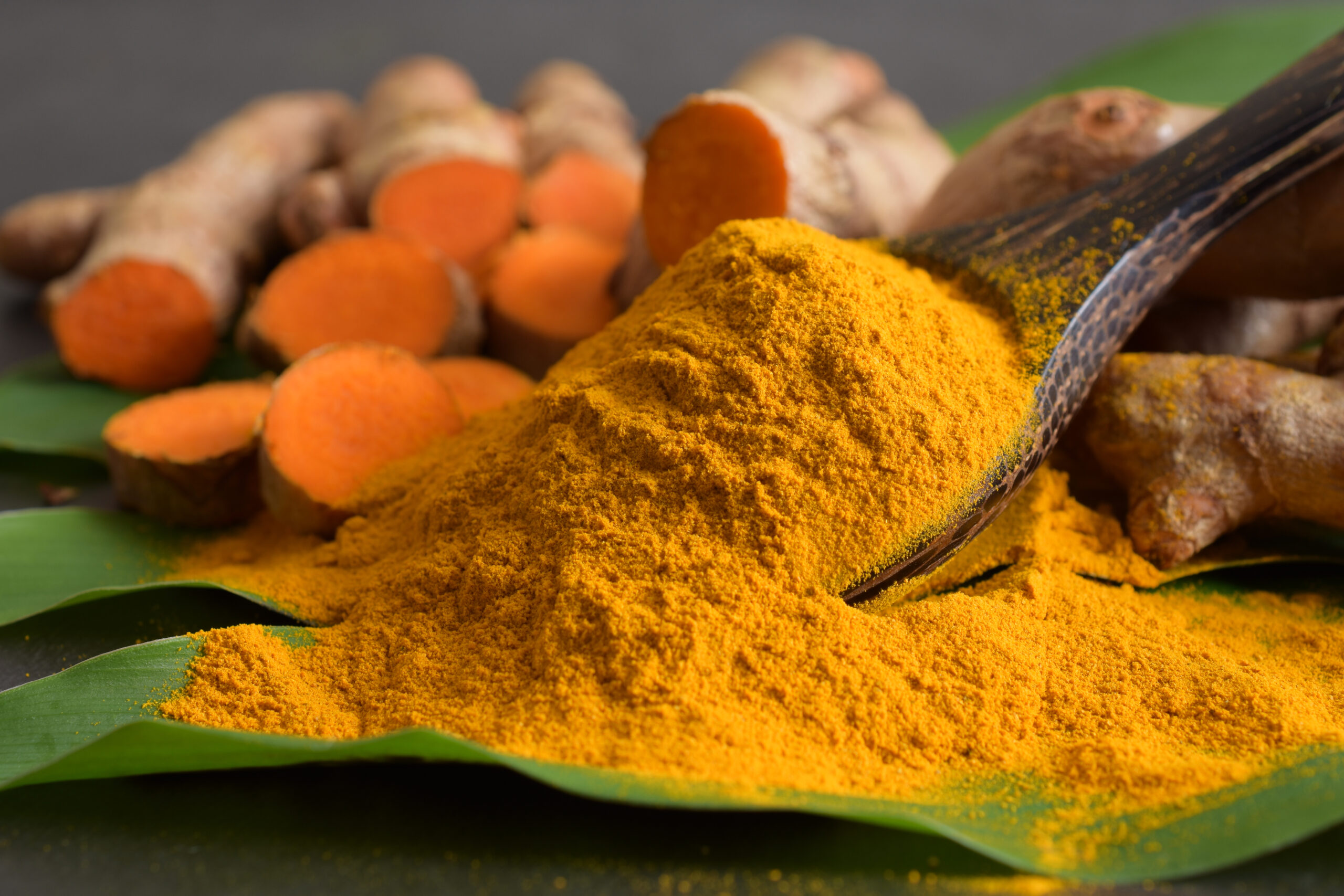If you think stuffing your salad bowl to the rim is always a virtue, wait until you hear what happens when raw veggies turn from friend to frenemy in your gut—because sometimes, even kale can bite back.
At a Glance
- Eating more vegetables is healthy up to about five servings a day; after that, benefits plateau and risks may rise.
- Overdoing raw veggies can cause digestive problems, nutrient absorption issues, and specific health risks for some people.
- Most adults still fall short of recommended vegetable intake, so “too much” is usually a niche problem.
- Experts advise moderation, variety, and personalizing your veggie intake to your own digestive system.
The Salad Bar Paradox: When Good Greens Go Bad
Once upon a time, nutrition’s golden rule was simple: eat more vegetables and you’ll live forever, or at least long enough to outlast your in-laws. But in the last decade, salad enthusiasts have started asking a strange question: can you eat too many raw vegetables? Science and dietitians now say yes—at least for some. The truth is, while most people need more produce, some overachievers are discovering that loading up on raw broccoli, spinach, and kale can turn your gut into a battlefield of gas, cramps, and bathroom sprints. So, next time someone brags about their “raw food cleanse,” just know their digestive system may be plotting revenge.
Raw veggies are rich in fiber, vitamins, minerals and antioxidants for gut health. https://t.co/mcTDWaxD8o
— EatingWell Magazine (@EatingWell) July 27, 2025
Here’s the twist: while eating vegetables is linked to lower risks of heart disease, stroke, and cancer, studies show that the health benefits level off after about five servings a day. Beyond that, your body doesn’t become superhuman—it just faces diminishing returns and, for some, a few new problems. In fact, for folks with sensitive guts, underlying digestive conditions, or a penchant for only raw, cruciferous veggies, too much of a good thing can be, well, not so good at all.
Watch a report: EAT 5 SERVINGS OF FRUITS AND VEGGIES A DAY
The Science Behind the Vegetable Ceiling
Public health agencies have spent decades urging us to eat more fruits and veggies, aiming for at least 400 grams per day—roughly five servings. The logic is solid: low produce intake is linked to millions of deaths and a global epidemic of chronic disease. Yet, less than 10% of Western adults even hit that mark, so for most, “too much” is a theoretical worry. But what about the raw veg devotees, the green smoothie zealots, and the all-raw cleanse crowd?
Recent research reveals that while plant power is real, the body’s gratitude plateaus. Large-scale studies confirm the mortality risk drops as you eat more produce, but that protective effect flattens out—more isn’t always better. Experts highlight that excessive consumption of certain veggies, especially raw cruciferous stars like kale, broccoli, and cauliflower, can overload the gut with fiber, causing discomfort, bloating, and in rare cases, nutrient malabsorption.
When Vegetables Fight Back: Who’s at Risk?
For the average burger-loving adult, the risk of eating too many raw vegetables is low—most people desperately need to up their intake, not dial it down. But certain groups face real issues when they overindulge. Dietitians warn that heavy loads of raw veggies can trigger digestive drama, especially in those with sensitive guts or pre-existing conditions. Some greens are high in oxalates, which can bind minerals like calcium and contribute to kidney stones for the unlucky. Others, like cabbage and kale, contain compounds that can mess with thyroid function if consumed in excess, particularly in raw form.
Even the most virtuous carrot cruncher should beware: rapid or extreme increases in fiber can lead to gas, bloating, and diarrhea. It’s a cruel irony—eat “too healthy,” and your body might just raise a white flag. This doesn’t mean veggies are villains; it just means the all-raw, all-the-time mantra doesn’t work for everyone. Moderation and variety win the day, and cooked veggies are often easier to digest and just as nutritious for those who struggle with raw produce.









